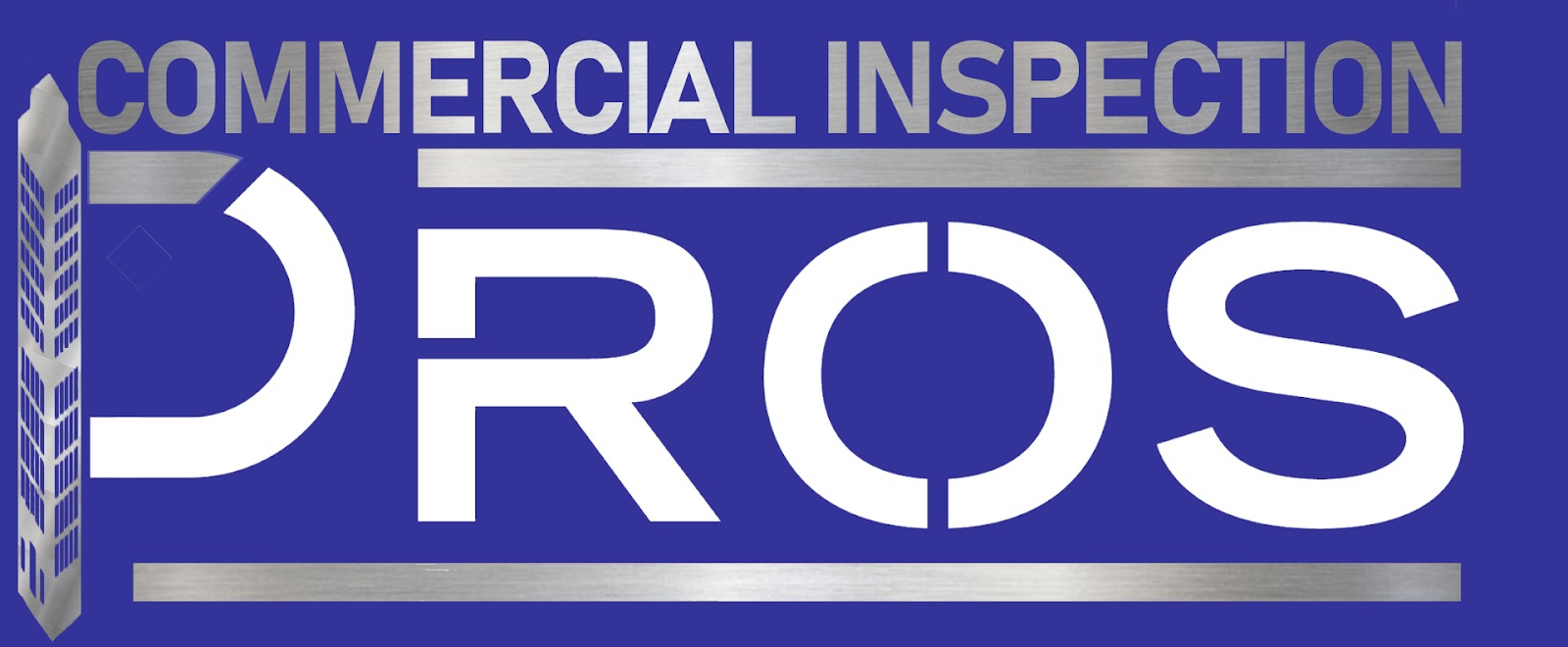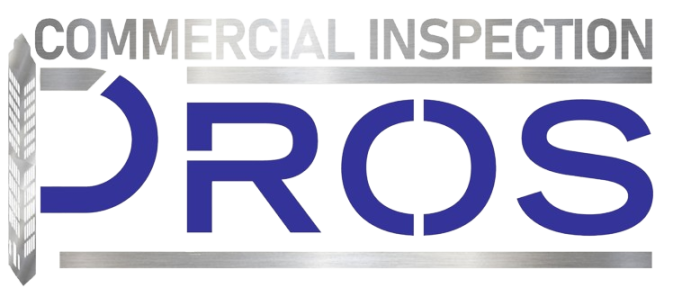How does the process of requesting commercial services work?
REQUESTING A PROPOSAL + SCHEDULING THE SERVICES
We will gather the essential information about the property and present a proposal for the services the client is requesting. If accepted, we will provide confirmation and officially schedule the project.
CONSULTATION WITH THE INSPECTOR
All work requiring site inspections will need a pre-inspection meeting; this is typically via phone call but can also occur in person if the project requires on-site evaluation before the inspection date. In this meeting, the inspector will discuss the overall work process, property details, and any relevant issues.
SITE INSPECTION
We will perform a comprehensive on-site inspection of the commercial property. The work will include identifying and inventorying qualifying component assets, taking measurements and photographs, and collecting condition assessment data.
REPORT WRITING
Once back in the office, we will begin the report preparation process. The depth and scope of the report will depend on the services performed by the inspector.
REPORT SUBMISSION & REVIEW
Once the reports are complete, we inform the client that all documents and reports are available for review on the inspection portal.
OPTIONAL FOLLOW-UP CONSULTATION
At the client’s preference, the inspector can be available for a phone call to discuss and review the findings.
What does the inspector examine onsite during an inspection?
Ultimately, it is the client who decides the comprehensiveness of the assessment, it can be limiting and brief or comprehensive.
• Site Improvements: exterior areas, including the parking lot, landscaping, drainage systems, and other site features
• Structural Components: foundation components, floors, walls, and roof components
• Building Envelope: roof, walls, windows, and doors
• Mechanical and Electrical Systems: HVAC (heating, ventilation, and air conditioning) systems, plumbing, and electrical components
• Plumbing Systems: plumbing systems, including sanitary, storm, and supply water lines, fixtures, domestic hot water production, and any unique plumbing systems
• Life Safety and Fire Protection Systems: life safety and fire protection systems, including fire alarm systems and related components, fire sprinkler systems and associated components, fire extinguishers, smoke detectors, emergency lighting, and other special equipment for protection purposes
• Vertical Transportation: type and number of cabs or escalators, overall condition, cab finishes, call and communication equipment, and service contracts
• Additional Considerations: compliance with applicable building codes and guidelines related to natural disasters, insect/rodent infestation, mold, environmental concerns, ADA/FHA, and indoor air quality
Note that considerations for WDO are not equivalent to to Termite& WDO Inspections, and considerations for ADA are not equal to ADA Compliance and Accessibility Survey. Nor are considerations for mold and organic growth the equivalent of Mold Testing or an Air Quality Test. We will provide supplementary inspection and testing services to the PCA and PCR that can fulfill requirements for further reporting for these items; see secondary services below.
• Previous/Existing Documentation Review: maintenance records, permits, and previous inspection reports
How far will we travel for a commercial property inspection?
We are willing to travel to any location. Cost of travel and lodging will be calculated into the final cost of the inspection. We will make this decision on a case by case basis.
What does a report from Commercial Inspection Pros look like?
We use an extremely intuitive report writing software that provides every client the ease of understanding all the data we collect and analyze during the inspection.
How is the report delivered?
As soon as you schedule the inspection you are provided a private inspection portal, housing your schedule, invoice, agreements, and reports. When your report is published and payments have been received in full, you will receive a text and an e-mail alerting you that the report is accessible from your portal. Your report has four viewing options – both a full, and summary, online interactive report; and both a full, and summary, PDF report. All versions of the report are desktop and mobile friendly.
What is the payment process?
Upon acceptance of the proposal and bid we require a 50% deposit of the total inspection cost to be paid upfront in order to secure the inspection date. Please note that up to 50% of the deposit is non-refundable if cancellation occurs for any reason. The remainder of the payment is due before the inspection report is released. We do not offer net payment options. We do not offer defer to closing payment options.
What is the cancelation and refund process?
Upon cancellation of any inspection, we charge a cancellation fee of up to 50% of the deposit. The refund of the remainder of the deposit will be processed within 5-7 business days.
Who will perform the inspection?
4.2 Who May Perform the Inspection
Any portion of the inspection, including the walk-through survey, research and report-generation, may be performed by the inspector, his/her staff, or any consultant hired by the inspector. This Standard recognizes that, for the majority of commercial inspections, the inspector is likely an individual with a general, well-rounded knowledge of commercial properties, and that the inspector or client may want to augment the inspector’s skills with specialty consultants who have particular expertise in certain areas. The decision to hire specialty consultants will, of course, rely on budget and time constraints, as well as the risk-tolerance of the client.
(sourced from InterNACHI COMSOP)
To what degree will the commercial property be inspected?
4.3 -4.3.1 Varying Levels of Due Diligence
This Standard is designed as a baseline from which the inspector and client can develop and agree to a scope of work that may deviate from this Standard, depending on budget, time constraints, purpose of the inspection, age of the subject property, and risk-tolerance of the client. The level of due diligence should be set where the cost, in time and money, of acquiring information about the subject property will not likely exceed the value of that information. Therefore, an inspection performed in accordance with this Standard will not be technically exhaustive.
Sample Language for Use When Defining the Scope of Work – “The inspection will be performed in accordance with InterNACHI-CCPIA ComSOP, except that…”
(sourced from InterNACHI COMSOP)
Are commercial inspections completely exhaustive?
4.4 Uncertainty – 4.5 Subjectivity – 8.1. Limitations:
The client should understand that no inspection report is completely accurate. A report is only the written communication of the observations made and research conducted by the inspector. The report contains those items which, in the inspector’s opinion, are likely to be of interest to his/her client. The client should understand that the inspection report is, to a large degree, the subjective opinions of the inspector based on his/her observations and research within the limits of access, time and budget, and without the aid of special equipment or meters, and without dismantling, probing, testing or troubleshooting, and without detailed knowledge of the commercial property, its components or its systems. The inspection report is not much more than a subjective professional opinion.
I. An inspection is not technically exhaustive.
II. An inspection will not identify concealed or latent defects.
III. An inspection will not deal with aesthetic concerns or what could be deemed matters of taste, cosmetic defects, etc.
IV. An inspection will not determine the suitability of the property for any use.
V. An inspection does not determine the market value of the property, or its marketability.
VI. An inspection does not determine the insurability of the property.
VII. An inspection does not determine the advisability or inadvisability of the purchase of the inspected property.
VIII. An inspection does not determine the life expectancy of the property, or any components or systems therein.
IX. An inspection does not include items not permanently installed.
X. These Standards of Practice apply only to commercial properties.
(sourced from InterNACHI COMSOP)
Does the commercial inspection provide a guarantee, warranty, or insurance of any kind?
4.7 Not a Warranty, Guarantee or Insurance Policy
The inspection is not a warranty, and the inspection report is merely the written communication of the inspector’s subjective opinion on the condition of the subject property.
(sourced from InterNACHI COMSOP)
To what degree is the client / owner / agent to provide access to the physical property and documentation regarding the property?
It is the client’s responsibility to arrange for the inspector to receive timely access to the subject property for the walk-through survey portion of the inspection, as well as access to all documents and interviewees needed for the research portion of the inspection. This includes access to all documents, information and previously generated reports in the client’s possession. The inspector is not responsible for obtaining, reviewing or providing information, should the source withhold, impede or delay access. Anything that hinders the inspector’s access should be noted in the report.
(sourced from InterNACHI COMSOP)
Does every inspection include a cost to remedy / cure report?
Although the inspector is not required to provide a Cost to Remedy/Cure Report, this is an additional service that can be arranged for a client. The cost, in time and money, of acquiring additional information about the subject property in order to provide a Cost to Remedy Report will certainly increase the cost of the inspection.
The inspector is not required to provide repair estimates or opinions of costs to remedy. The inspector may offer opinions about such costs as a courtesy, but the offering of these opinions is outside the scope of a “typical” (*) commercial inspection.
(sourced from InterNACHI COMSOP)

